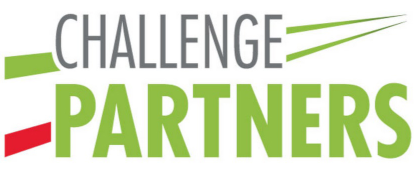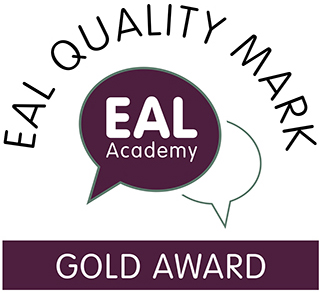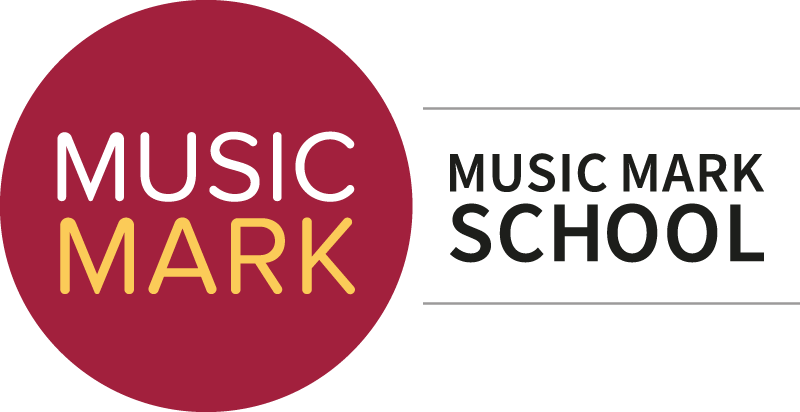Science
Why do we study Science?
At Barnhill, students engage in all the parts of what good science looks like, whether it be investigating, observing, experimenting or testing ideas and thinking about them. The way scientific ideas flow through the curriculum will support our students in building a deep understanding of science. This will involve talking about, reading and writing about science plus the actual doing and representing science in its many forms, both mathematically and visually, through models.
Studying science at Barnhill helps us make informed decisions in our personal lives and society. Understanding scientific concepts enables us to evaluate information, assess risks, and make choices based on evidence. Also, it gives us the knowledge and skills to navigate and thrive in an increasingly complex and technologically driven world. It is a fundamental part of a well-rounded education that benefits individuals and society as a whole.
Programme Study
|
Year 7 |
|
|
Year 8 |
|
|
Year 9 |
|
|
Year 10 |
Biology
Chemistry
Physics
|
|
Year 11 |
Biology
Chemistry
Physics
|
|
Year 12 |
AQA Biology: Paper 1: 50%
Paper 2: 50%
AQA Chemistry: Paper 1: 50% Physical chemistry
Inorganic chemistry
Paper 2: 50% Physical Chemistry:
Organic chemistry
AQA Physics: Paper 1: 50%
Paper 2: 50%
|
|
Year 13 |
AQA Biology: Paper 1: 35%
Paper 2: 35%
Paper 3: 30%
AQA Chemistry: Paper 1: 35% Physical chemistry
Inorganic chemistry
Paper 2: 35% Physical Chemistry:
Organic chemistry
Paper 3: 30% Physical chemistry
Inorganic chemistry
Organic chemistry
AQA Physics: Paper 1: 35%
Paper 2: 35%
Paper 3: 30%
|
Useful Resources
KS3:
- https://www.kerboodle.com/app
- https://www.tassomai.com/
- https://www.educake.co.uk/
- https://senecalearning.com/en-GB/
KS4:
- https://www.kerboodle.com/app
- https://www.tassomai.com/
- https://www.educake.co.uk/
- https://senecalearning.com/en-GB/
- https://www.creative-chemistry.org.uk/
- https://www.bbc.co.uk/bitesize/examspecs/z8r997h
KS5:
Biology
- http://www.abpischools.org.uk/page/
- http://www.accessexcellence.org/
- http://www.bbc.co.uk/schools/websites/16/index.shtml
- http://www.biochem4schools.org/
- http://www.biologyguide.net/
- http://www.biozone.co.nz/index.html
Chemistry
- https://www.kerboodle.com/app
- https://www.chemguide.co.uk/
- http://www.knockhardy.org.uk/ppoints.htm
- https://chemmybear.com/
Physics
Homework
KS3: Week A: Tassomai Homework (online); Week B – Exam practice AND
For the independent reading booklet, read one article per week and write a summary. Also, complete the new vocabulary table.
KS4: Week A: Tassomai Homework (online); Week B – Exam practice
Year 10: For the independent reading booklet, read one article per week and write a summary. Also, complete the new vocabulary table.
Year 11: Complete revision pack two topics per week
KS5: Every student in KS5 gets homework after every lesson which includes exam practice and pre-reading for the next lesson.
Enrichment Opportunities
All students will be enriched primarily through the study of a diverse curriculum reflecting the multicultural community and society of the students. This will be enhanced through trips and visits to Whipsnade Beach and the Science Museum.
In school, the Science Department also runs a ‘COP 28’ day, British Science Week, Women in Science and World Science Day for different year groups, offering the chance for students to see scientific topics directly or indirectly related to the curriculum. In KS5, students will participate in an Olympiad Science competition which recognises excellence in young scientists through annual competitions.









